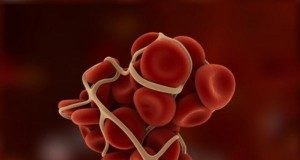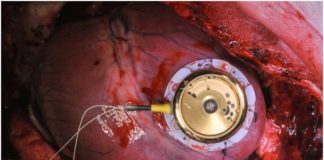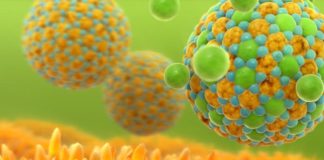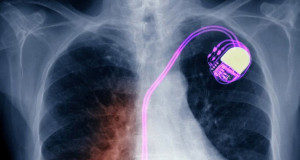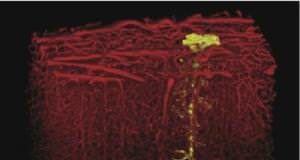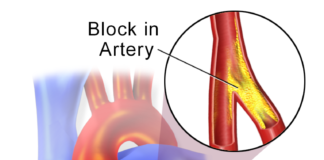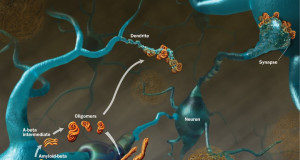Heart Disease in Shift Workers Linked to Damaged Blood Cells, Sleep...
Austrian researchers have found that jetlag has severe effects on red blood cells, possibly explaining the high incidence of heart disease seen in shift...
Battery-Free Cardiac Pacemaker Powered by Heart Motion
A new prototype cardiac pacemaker based on an automatic wristwatch is powered entirely by heart motion and does not require a battery. According to...
Sudden Cardiac Arrest Linked to Sex Hormones in Blood
Measuring sex hormone levels in blood may aid in identifying people likely to suffer sudden cardiac arrest, a heart rhythm disorder that is fatal...
Oxidized LDL Cholesterol Might Actually be ‘Good Guy
A team of investigators at the University of Kentucky has made a thought-provoking discovery about a type of cholesterol previously believed to be a...
Lung Function, Insulin Resistance And Incidence Of Cardiovascular Disease: A Longitudinal...
Moderately reduced lung function as measured by FVC, or forced vital capacity, is related to an increased risk of developing insulin resistance and diabetes. Researchers in this study think that this may be a link between reduced lung function and cardiovascular events such as stroke, heart attack and heart failure. Since lung function declines rapidly with age, ...
Vitamin D Prevents Diabetes and Clogged Arteries in Mice
In recent years vitamin D deficiency has been linked to type 2 diabetes and heart disease, two illnesses that commonly occur together and are...
Researchers Create Biological Pacemaker by Reprogramming Heart Cells
Cardiologists at the Cedars-Sinai Heart Institute have developed a minimally invasive gene transplant procedure that changes unspecialized heart cells into "biological pacemaker" cells that...
Getting The Most Out of Spinach: Maximizing the Antioxidant Lutein
Eating spinach in the form of a smoothie or juice is the best way to obtain optimal levels of the antioxidant lutein, according to...
Even The Smallest Stroke Can Damage Brain Tissue And Impair Cognitive...
Blocking a single tiny blood vessel in the brain can harm neural tissue and even alter behavior, a new study from the University of California, San Diego has shown. But these consequences can be mitigated by a drug already in use, suggesting treatment that could slow the progress of dementia associated with cumulative damage to miniscule blood vessels that feed brain cells.
The team reports their results in the Dec. 16 advance online edition of Nature Neuroscience.
Popular Pain Relievers Linked to Strokes, Heart Attacks in Postmenopausal Women
For women taking certain kinds of pain relievers, a heart attack could be waiting in their medicine cabinets.
A University of Florida study has found that the...
Dark Chocolate, Red Wine Heart-Healthy Foods for Valentine’s Day
Forget the oysters and the champagne this Valentine’s Day. If you want to keep your true love’s heart beating strong, the real foods of...
Hardening of Arteries Linked to Plaques in Brain
Even for elderly people with no signs of dementia, those with hardening of the arteries are more likely to also have the beta-amyloid plaques...











